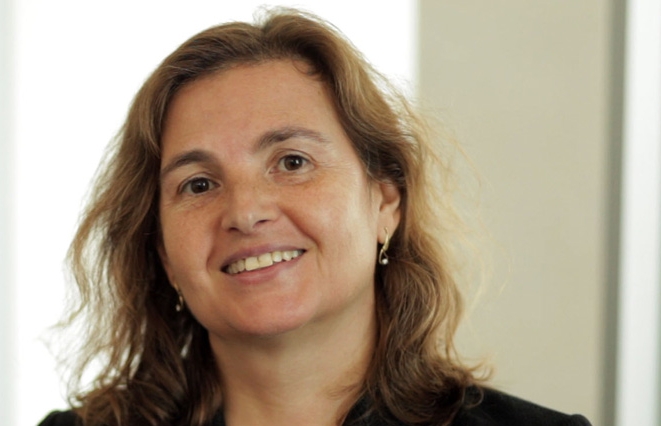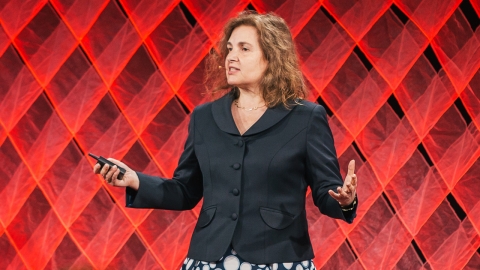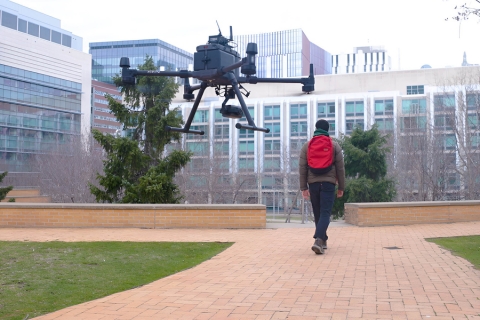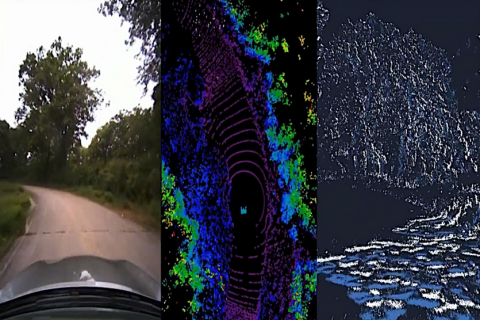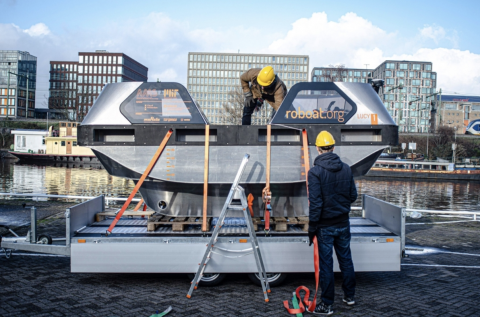Earlier this week, Daniela Rus, director of CSAIL and the Andrew and Erna Viterbi Professor in the MIT Department of Electrical Engineering and Computer Science (EECS), and a team of researchers from the Singapore-MIT Alliance for Research and Technology and National University of Singapore earned the “Outstanding Navigation Paper” award at the 2023 International Conference on Robotics and Automation (ICRA) for their work on “SmartRainNet: Uncertainty Estimation for Laser Measurement in Rain.”
The yearly conference showcases the top research in automation, with a focus on robots designed for humans this year.
The team’s paper addresses uncertainty estimations of autonomous vehicles driving in rainy weather. These machines’ sensors can degrade over time due to wear and tear or issues with other vehicle parts, causing safety issues. Self-driving tasks, such as perception and localization, are hindered when this type of degradation occurs, so Rus’ team developed a new method to evaluate the uncertainty of each laser measurement from a 3D LiDAR.
Called “SmartRainNet,” the technique uses an attention-based mixture density network (MDN), which assists with estimating uncertainty in datasets much like neural networks. This MDN models the dependence between neighboring laser measurements and then calculates the probability density for each laser measurement as an uncertainty score. In turn, this allows autonomous vehicles to better understand their surroundings as they navigate through rainy environments, where fog and other conditions necessitate the use of sensors.
Rus’ work in autonomous vehicles is extensive, recently helping apply brain-inspired liquid neural networks to drones. These machine-learning models were able to make reliable decisions in unfamiliar environments, outperforming many state-of-the-art counterparts at navigation tasks while potentially enabling applications in search and rescue and wildlife monitoring. Rus also worked on VISTA 2.0, a photorealistic self-driving car simulator that assists with deployable training and testing, and Roboat, a full-scale, fully autonomous robotic boat that traverses Amsterdam’s canals.
The “Outstanding Navigation Paper” honor is one of many for Rus, who was also presented with the IEEE Robotics and Automation Award at this year’s ICRA. Previously, she received an Engelberger Robotics Award and earned fellowships from AAAI, ACM, and IEEE. Rus is also a Class of 2002 MacArthur Fellow and a member of the American Academy for Arts and Science and the National Academy of Engineering.
